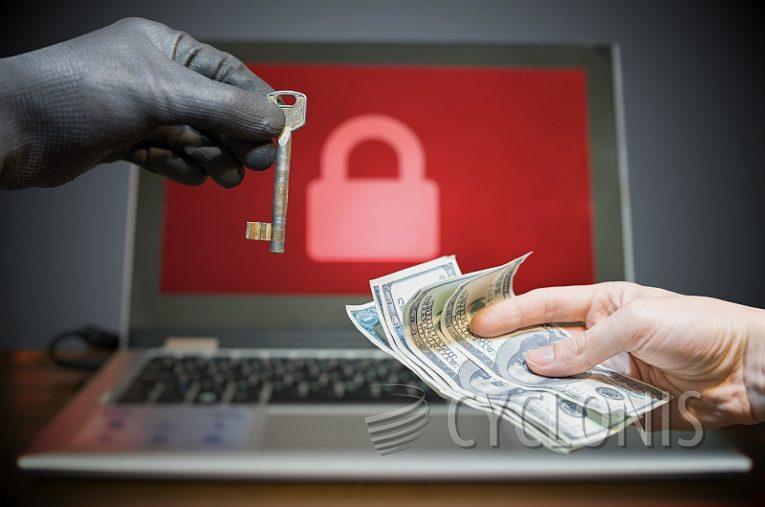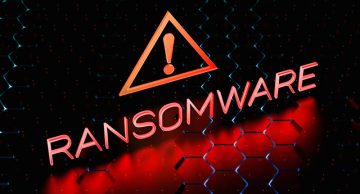CATAKA Ransomware Demands Payment of $1500

CATAKA is a type of ransomware that we discovered during an analysis of file samples. Once it infiltrates a computer, CATAKA proceeds to encrypt files and adds a random extension to their names. Furthermore, it alters the desktop wallpaper of the victim and provides a ransom message titled "Readme.txt."
To illustrate how CATAKA modifies file names, it transforms "1.jpg" into "1.jpg.9tw5B," "2.png" becomes "2.png.GXoJX," and so on.
The ransom note serves as a means for the malicious actor behind CATAKA to communicate with the victim. In this message, the attacker expresses regret for encrypting the victim's files using a robust encryption algorithm, making it appear nearly impossible to regain access to the files without a specific decryption key, which is held by the attacker.
Nonetheless, the victim is given an assurance that data recovery is feasible by purchasing the decryption key for $1500 in Bitcoin. The contact email provided for initiating the payment and, presumably, receiving the decryption key is itsevilcorp90@hotmail.com. This ransom note follows a familiar pattern often employed by ransomware attackers with the intention of extorting money for financial gain.
CATAKA Ransom Note Demands $1500
The full text of the CATAKA ransom note reads as follows:
CATAKA RANSOMWARE
Oops sorry your file has been encrypted using a very strong algorithm.
It might be impossible to open it without a special key from me.
But don't worry, because you can still recover all files that have been encrypted using my key.
To get the key, you can buy it for $1500 using Bitcoin currency.
If you are interested in making a payment,
Contact email: itsevilcorp90@hotmail.com
How Can Ransomware Like CATAKA Infect Your System?
Ransomware like CATAKA can infect your system through various means and attack vectors. Understanding these infection methods is crucial for taking preventive measures. Here are common ways ransomware can infiltrate your system:
- Phishing Emails: One of the most prevalent methods is through phishing emails. Cybercriminals send seemingly legitimate emails with malicious attachments or links. When you open an infected attachment or click on a link, the ransomware is downloaded and executed on your system.
- Malicious Links: Ransomware can also be delivered through malicious links in emails, instant messages, or on websites. Clicking on these links can lead to the automatic download and execution of the ransomware.
- Exploit Kits: Ransomware can take advantage of software vulnerabilities in your operating system or applications. Cybercriminals use exploit kits to identify and exploit these weaknesses, enabling the ransomware to infiltrate your system.
- Drive-By Downloads: Visiting compromised or malicious websites can lead to drive-by downloads. These websites exploit vulnerabilities in your web browser or plugins to install ransomware without your knowledge or consent.
- Malvertising: Cybercriminals can compromise legitimate ad networks, allowing them to display malicious advertisements on websites you visit. Clicking on these ads may lead to ransomware infection.
- Remote Desktop Protocol (RDP): If you have Remote Desktop Protocol enabled and accessible from the internet, attackers may attempt to brute force or guess your login credentials to gain access to your system, where they can then deploy ransomware.
- Unpatched Software: Failure to regularly update your operating system and software with security patches leaves your system vulnerable. Ransomware can exploit known vulnerabilities to gain access to your computer.
- Social Engineering: Cybercriminals may use social engineering tactics to trick you into executing the ransomware. This can include posing as legitimate organizations or tech support and convincing you to download and run malicious files.








